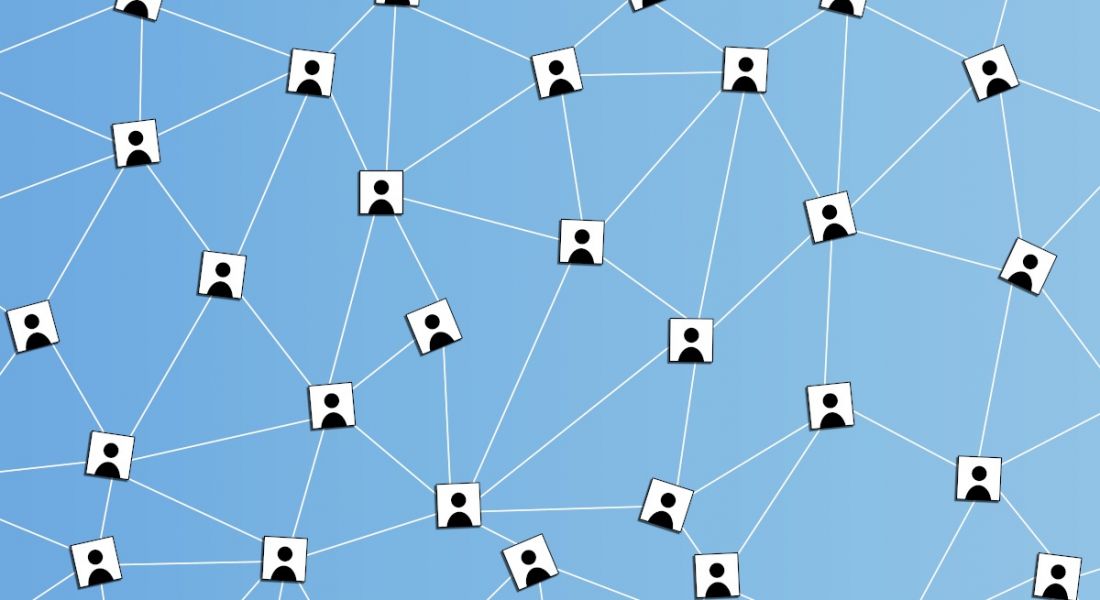Researchers found that the strength of the ‘weak ties’ theory is more true in high-tech industries than lower-tech industries.
New research has suggested that so-called ‘weak ties’ between individuals are more impactful than previously thought when it comes to job mobility.
Researchers in the US looked at data from professional networking site LinkedIn to evaluate whether job mobility was impacted more by close friends or by a wider network of acquaintances – or ‘weak ties’.
They tracked the effect of weak ties in the LinkedIn networks of more than 20m people over a five-year period. During that time, 2bn new ties and 600,000 new jobs were recorded.
The researchers from MIT, Stanford University, Harvard Business School and LinkedIn used experimental variations in the platform’s connection algorithm, which recommends new people to add to a user’s network.
Their paper, A Causal Test of the Strength of Weak Ties, was published in the journal Science.
The research found that people’s weakest ties had the greatest impact on job mobility, while the strongest ties had the least.
This suggests that your close friend or family member may not the best person to help you find a job, with weaker ties thought to provide access to diverse and novel info because they bridge otherwise disconnected social circles.
The research showed that although weak ties did increase job transmissions, they only did so to a point. After this, diminishing returns to tie weakness were observed.
The strength of weak ties can also vary by industry. Weak ties were found to be more impactful in increasing job mobility in high-tech industries. However, they had less of an effect in job mobility on low-tech industries.
The weak ties effect is a long-established sociological theory. The term was first used by Stanford sociologist Mark Granovetter in the 1970s. Granovetter identified weak ties as a key source of “diffusion of influence and information, mobility opportunity, and community organisation” in a paper published in The American Journal of Sociology.
10 things you need to know direct to your inbox every weekday. Sign up for the Daily Brief, Silicon Republic’s digest of essential sci-tech news.




